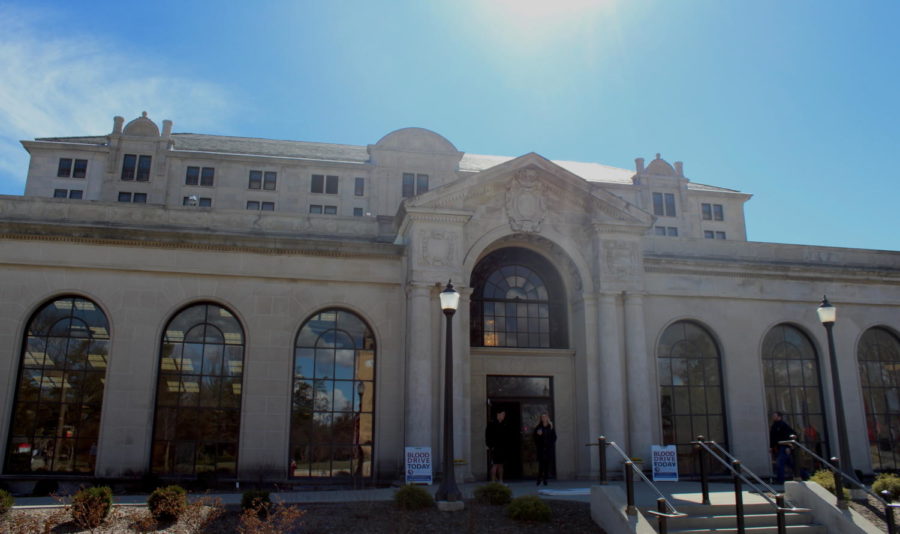Collaboration in and with native communities from STEM to ag: a panel discussion
March 25, 2018
On March 26, a panel discussion surrounding collaborations with Native populations in STEM and Ag will take place at 4 p.m. in the Memorial Union’s Cardinal Room.
Assistant Vice President, Advisor to the President and member of the discussion panel Jason Younker hopes to share his experiences on building community and trust with Native communities with the campus community.
Younker’s role is to assist with relations with the nine federally recognized tribes within the state of Oregon, as well as the 34 state recognized tribes.
According to Younker, the University of Oregon has had great success building a trusting and reciprocal relationship with both local and National tribes.
Younker also offered perspective on important aspects of building initial relationships when doing outreach in native communities.
According to Younker, Iowa State should focus on what kind of degrees tribes want their members to have. Younker emphasized that there should be a focus on the students making a return to their tribal community.
Younker said reciprocity, or exchanging services for mutual benefit, is important when building relationships among native populations.
“What a lot of people don’t realize is the foundation of virtually all American Indian cultures is reciprocity, but they are reluctant to come directly to a university that has no relationship with them and simply give out of their kindness,” said Younker.
The most commonly mentioned degrees among tribal communities are business, healthcare, environmental, education and cultural majors, according to Younker.
Richard Meyers, another panelist, is the president of the Association of Indigenous Anthropologists and faculty member at Oglala Lakota College. Meyers hopes to discuss the different experiences from tribe to tribe.
Meyers said he hopes to offer insight on the nuance between the difference between native people who hold a more cultural tribal identity and a heritage focused nation-based identity. Meyers also said that he hopes to explain the different realities in wealth, culture and history from tribe to tribe.
Meyers believes that inclusion of populations that were removed from the space that is now used for land grant universities, while not righting the fact that indigenous people were removed from the land to obtain it, is still a positive step.
“It’s a step in the right direction for allowing equal access and input onto the future of educational endeavors of all people,” Meyers said.







